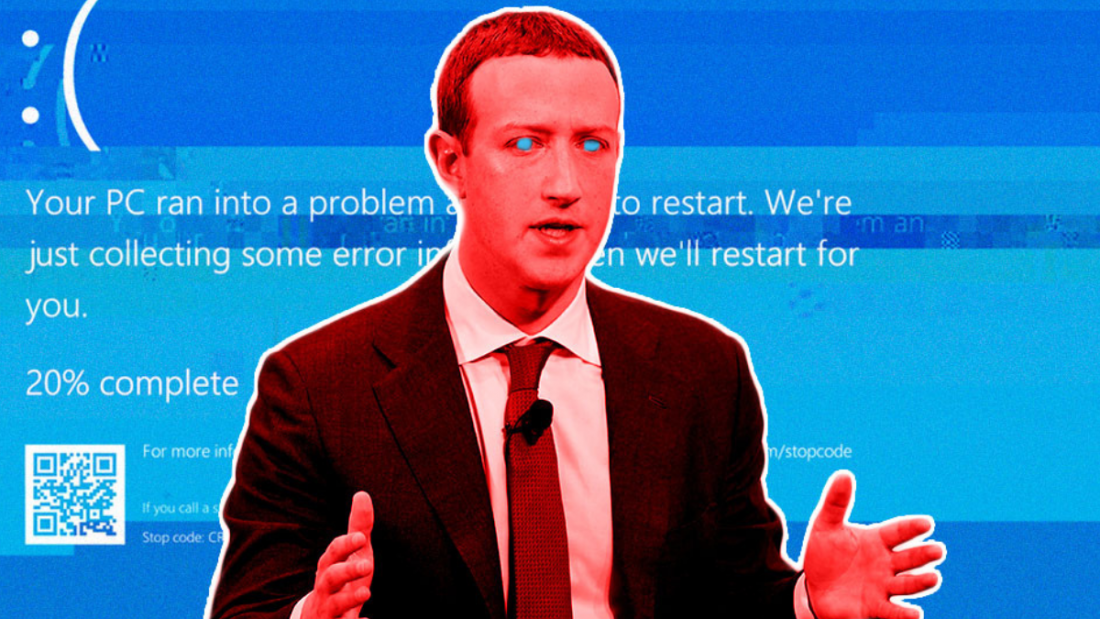The tech era of the 2000s and 2010s was built with the mantra “Move Fast and Break Things” coined by Mark Zuckerberg. A decade later, we are seeing the results of this ideology and without a doubt things have been broken. Not just Facebook, but all of social media, that has been defined by this creative process has had major problems that society is struggling to handle today. As we fight about “fake news” and censorship as many claim this conditioning is making society mentally ill, some would argue that more cautious steps should have been taken.
Recently on the Lex Fridman Podcast a Facebook Founder, Chamath Palihapitiya was asked about the “Move Fast and Break Things” strategy.
There are advantages to working quickly and learning what isn’t known. This allows for large amounts of data to be acquired and, at the time, allowed people to realize the potential powers of these new technologies. At the end of the day the only way to discover what we do and do not know is through empirical testing. This is how most of social media was built. It was thought that there would be little to no harm in doing so since the damages being caused were not visible at the time.
Unfortunately, hindsight is always 20/20 and it is now evident that this strategy has had major repercussions on society. Addiction to social media is something that the public was completely blind to and now millions have suffered from it. The inability to determine factual information is a direct result of social media and the ways in which propaganda is pushed on these platforms.
While we might not be proud of the toxic culture this has created, it would be a far greater sin to not learn from the mistakes of the past. Hopefully moving forward this will prove to be a case study of what not to do when exploring new technology and maybe the phrase “Move Slow and Build Things” will be adopted to build a better future instead.



Leave A Comment